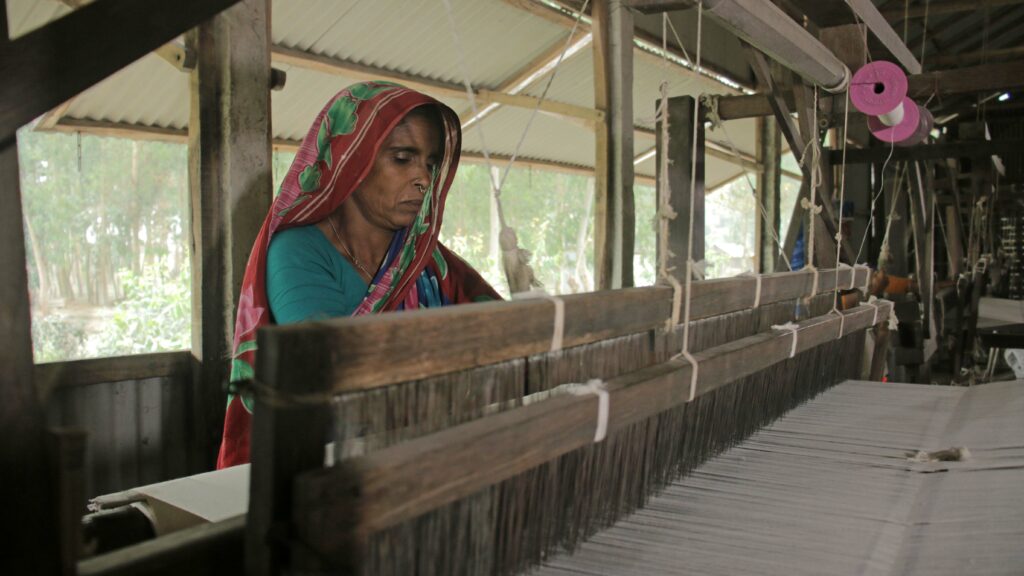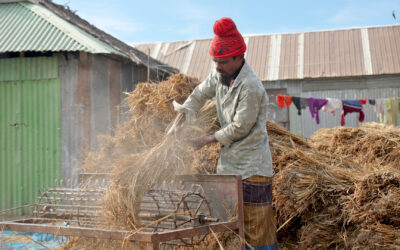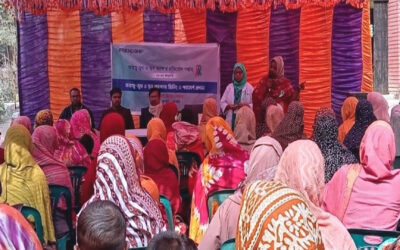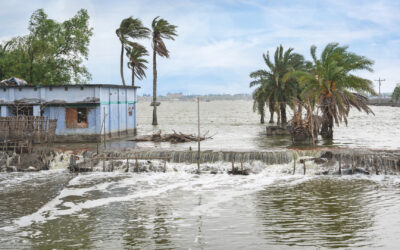How sustainable, ethical slow fashion goes against the grain in Bangladesh
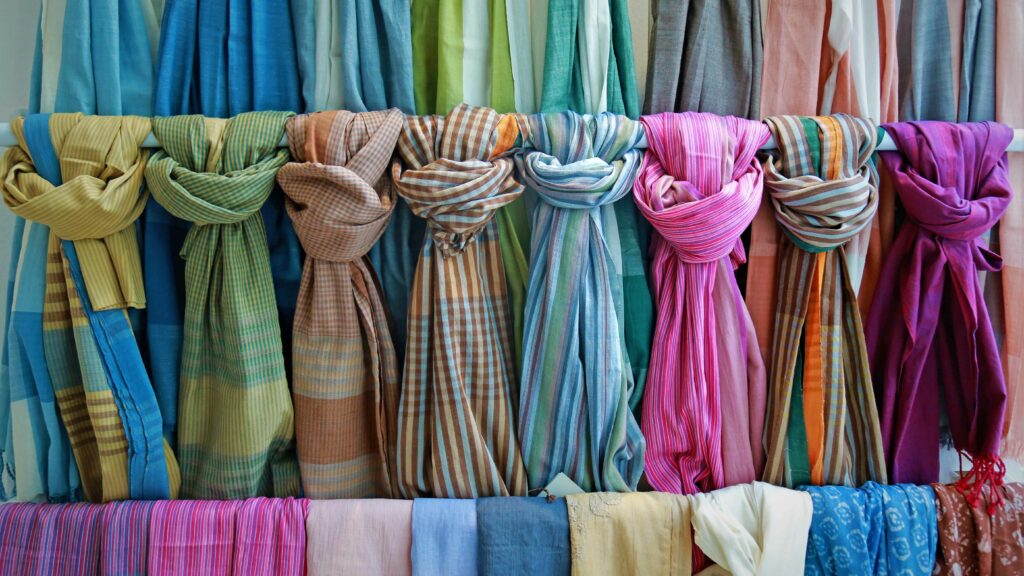
by Iffat Ara Sharmeen
4 June, 2025
While most industries are struggling to catch up with sustainability and circularity, slow fashion is quietly encapsulating these ideas and revolutionising the fight against pollution.
The global textile industry generates a whopping revenue of $1.5 trillion. Its impact, however, has not been kind on the climate and the environment. It contributes to 9% of annual microplastic losses to oceans and yearly 215 trillion litres of water consumption, fueling the triple planetary crisis of climate change, loss of biodiversity, pollution, and waste; all in the name of fast fashion and relentless consumption. Slow fashion goes against the grain by creating environmentally responsible fashion that also holds potential for economic empowerment.
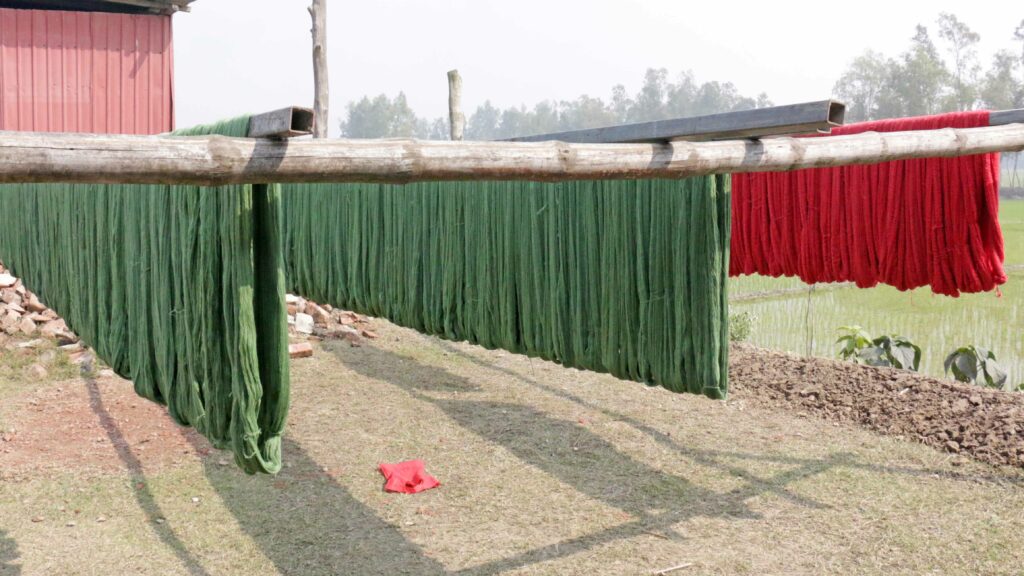
Fast Fashion in Bangladesh is a Climate Nightmare
Bangladesh’s fast fashion scene reflects the country as an economic powerhouse, but it also holds dark realities, such as unmanageable landfills, plastic-polluted rivers, and poor air quality. Cheap, trendy clothing produced here comes with a hefty price tag on the environment, a narrative repressed by our economic development narrative.
Bangladesh is a small country with a negligible global carbon footprint, but it is drowning in its own climate miseries with energy-intensive fast fashion production processes, such as producing synthetic, petroleum-based fibres like polyester, or smothering rivers with dyes and detergents. Wastewater taints our dying rivers and marine biodiversity. This begs the question, why not repurpose textiles as a climate game changer?
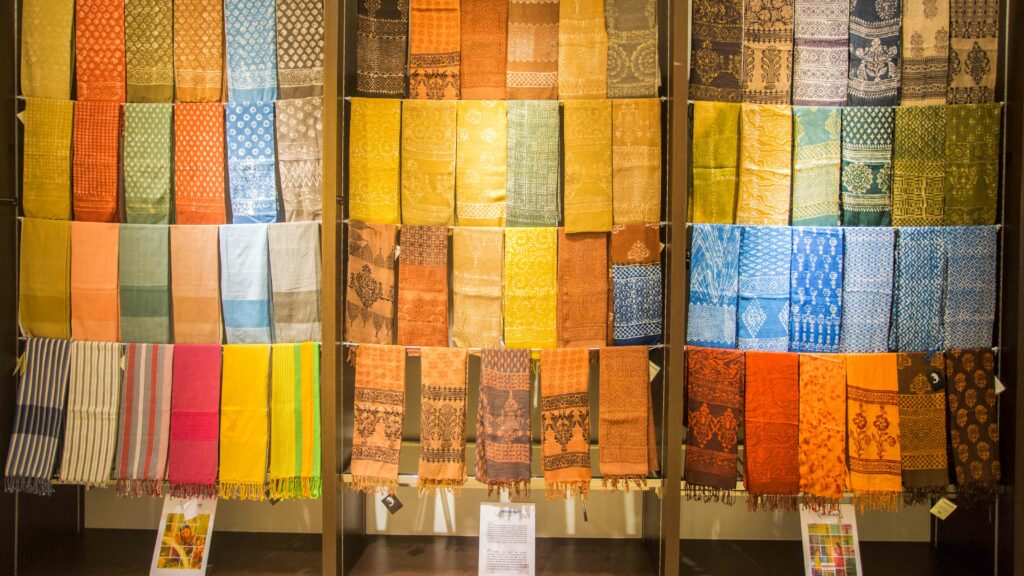
Slow Fashion is Redemption
Synthetic materials (such as threads and dyes) account for 35% of all microplastics entering the oceans. They are almost non-biodegradable and form toxins that harm marine life and ecosystems. Microplastics enter the human food chain as well, resulting in health issues that hurt human, animal, and plant health.
By adopting eco-friendly dyes, circular usage of water (reduce, reuse, recycle), greenified factories, and energy-efficient tools, the consumer mentality can be shifted towards choosing ethical fashion over fast fashion, which harms the environment and health. Friendship Colours of the Chars is a slow fashion and lifestyle brand aiming to do exactly that, using traditional handloom and dying techniques as an ode to the environment, but also incorporating modern innovations.
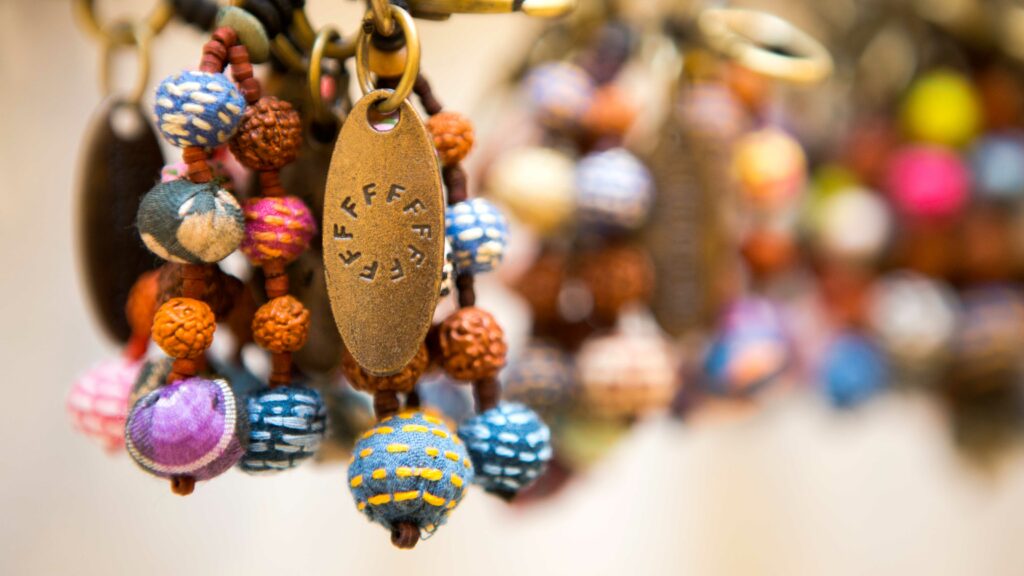
Weaving a Unique Narrative
Friendship Colours of the Chars is a social enterprise that empowers rural women artisans to create eco-friendly fashion and develop an alternative, regenerative rural economy in the Chars. This process is fulfilling for them because these women have been familiar with traditional sewing and weaving for generations.
Women in the weaving centres of Kurigram and Gaibandha gain income, boosting their confidence, decision-making power, and control over family and finances. Each purchase supports their empowerment and promotes sustainability, using natural dyes, eco-friendly materials, low-waste hand techniques, and climate-conscious practices from start to finish.
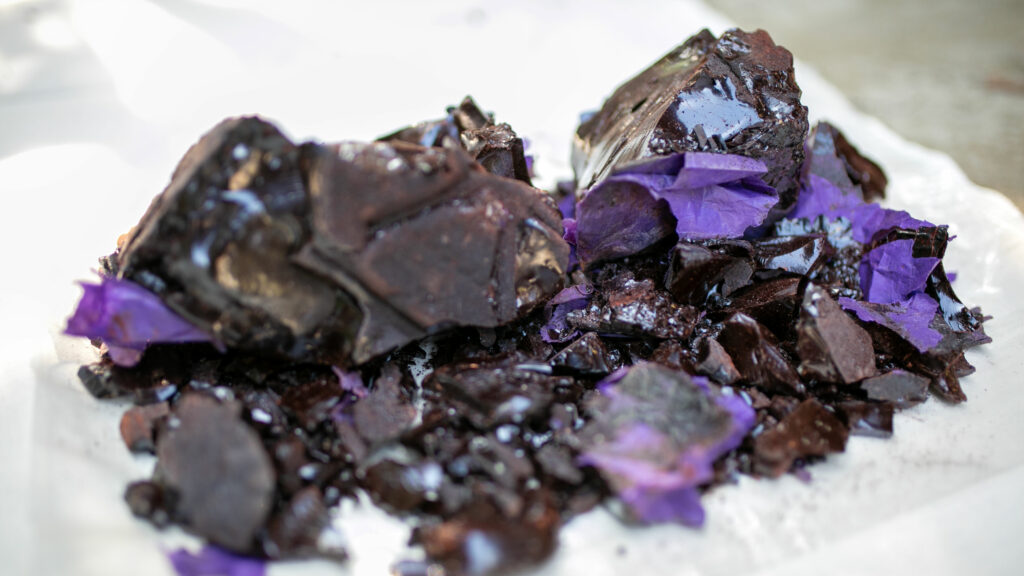
Slow fashion promotes mindful consumption that will protect future generations from the environmental costs of fast fashion if we are serious about it. Despite challenges and demand for disposable trends, Friendship Colours of the Chars remains a pioneer of slow fashion, quietly redefining fashion through measures essential for our country’s climate and planet health.
